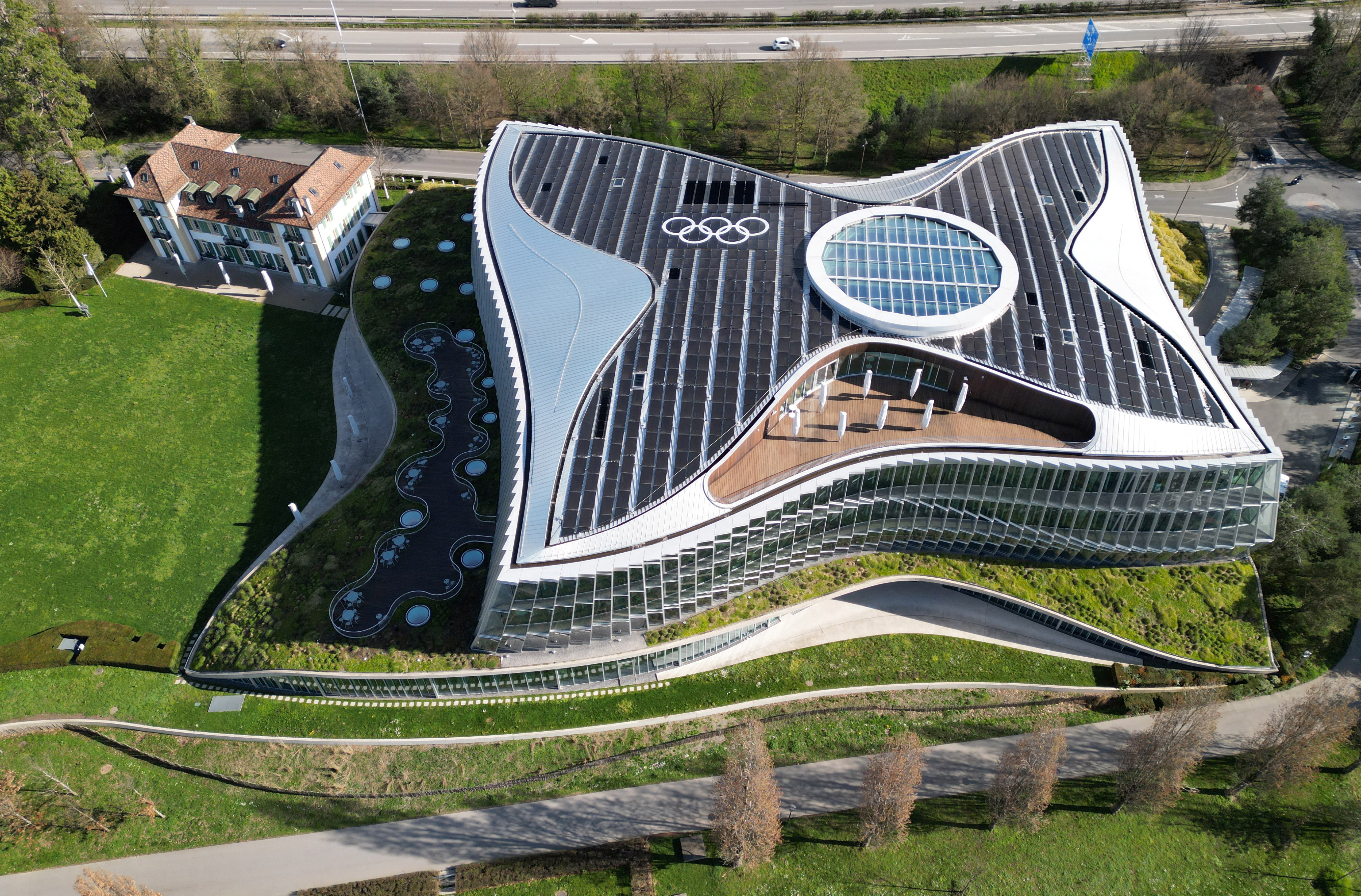Olympics-International Olympic Committee says it was victim of Russian prank calls

BERLIN (Reuters) – International Olympic Committee (IOC) President Thomas Bach was a victim of Russian prank calls, the IOC said on Thursday, as relations between the Olympic body and Russia quickly deteriorate following a Paris Olympics parade ban for their athletes over the war in Ukraine.
The IOC said there had been fake calls made to the Olympic body and its president, with the callers presenting themselves as representatives of the African Union Commission and wanting to discuss the situation with Russia.
“There appears to have been a new incident in the Russian disinformation and defamation campaign against the International Olympic Committee and its President,” the IOC said in a statement.
“Fake calls purporting to be from the African Union Commission appear to have been made by the very same group that has already attacked a number of global political leaders and other high-ranking personalities in the same way.”
Italian Prime Minister Giorgia Meloni in September had spoken of international fatigue with the conflict in Ukraine in a phone call with Russian pranksters, who have duped other Western politicians and celebrities in an effort to elicit frank, unguarded remarks.
“During the calls, a person pretending to be the Chair of the African Union Commission wanted to have arguments in particular from the IOC against the politicisation of sport by the Russian government, in order to prepare a statement against such politicisation,” the IOC said.
It did not provide details of the conversations or say how many calls had been made.
On Tuesday, the IOC announced a ban on Russian and Belarusian athletes from the Paris Games opening ceremony parade, due to the war in Ukraine.
That prompted a sharp response from Moscow, with Kremlin spokesman Dmitry Peskov saying on Wednesday the IOC’s decision was “the destruction of the idea of Olympism” and an infringement on the athletes’ interests.
Relations between Russia, which hosted the 2014 Winter Olympics in Sochi, and the IOC have turned sour in recent months.
Russians and Belarusians will compete as neutral athletes in Paris, without their flags and anthems, and the IOC suspended the Russian Olympic Committee in October for recognising regional Olympic councils for Russian-occupied regions of Ukraine — Luhansk, Donetsk, Kherson and Zaporizhzhia.
Russia, whose Sochi Olympics with a price tag of more than $51 billion were the most expensive summer or winter Games at the time, is planning to organise its own multi-national Friendship Games in September, further angering the IOC.